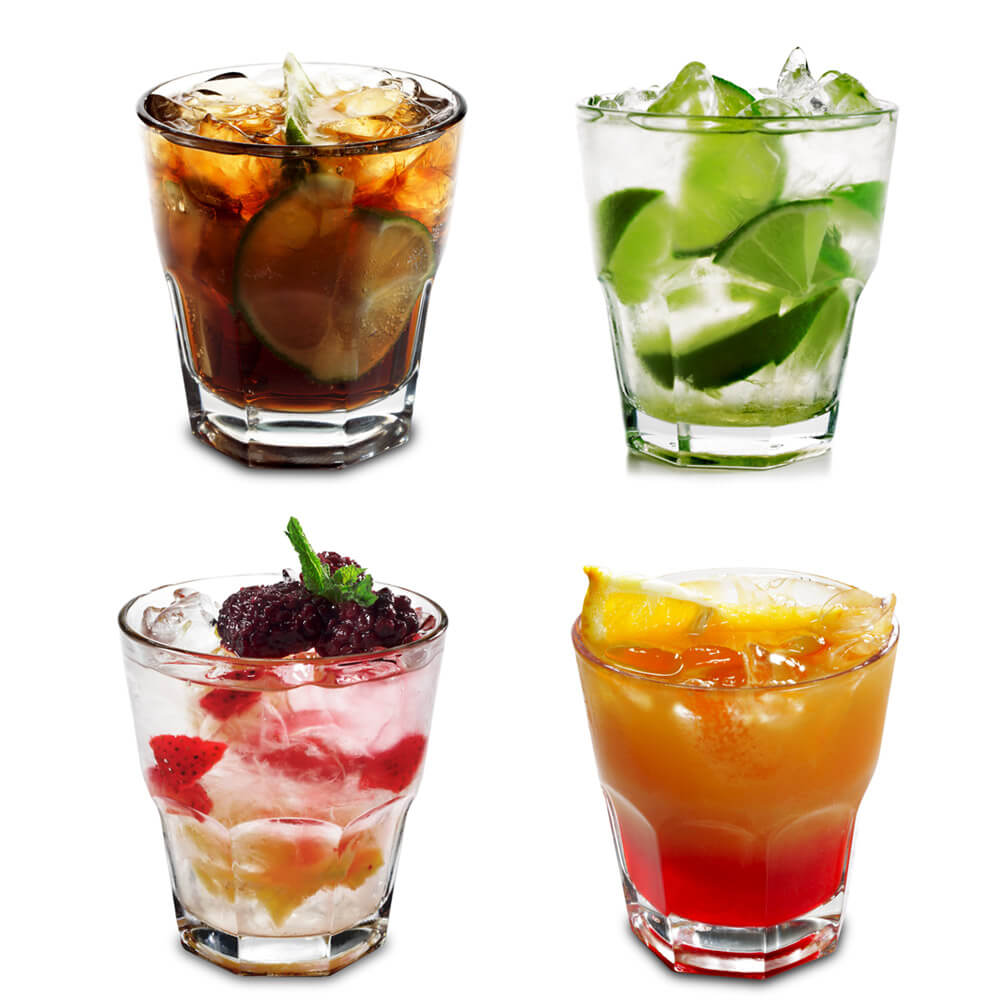The Pros and Cons of Lower Calorie Mixed Drinks
If you are trying to lose a few pounds or maintain a healthy weight, drinking alcohol can sabotage your plans. The truth is, alcohol consists of empty calories that offer no nutritional value; often the mixers used in crafting cocktails are full of carbs, sugar, and chemicals that can contribute to weight gain.
If you feel like a drink, consider lower-calorie options, but still be wary of how many you consume. Think about the pros and cons of lower-calorie mixed drinks and ask yourself, “Is it worth it?”
(If controlling the amount that you imbibe is a struggle, seek help from qualified alcohol treatment programs online.)
Sip a Simple Shot
If you are wondering about the best booze for a low-calorie or low-carb diet, consider clear alcohol options that are simply served. While abstinence is the most figure-friendly option, a 1.5-ounce shot of scotch, gin, or vodka over ice has the lowest calories. Most 80-100 proof liquors typically have less than 100 calories. (This does not include cream-based or syrupy liqueurs, like Irish cream or flavored schnapps.)
Even so, go slowly. It takes most people an hour to metabolize an ounce of alcohol (which equals one standard drink: one shot, 5 ounces of wine, 12 ounces of beer).
Go Easy on Wine and Beer
Be especially careful around wine and beer:
- Wine is loaded with sugar, despite the reported health benefits of a glass of red wine daily. It’s made from grapes.
- And beer is loaded with carbohydrates—after all, it is made from grains and hops.
If you must pick wine or beer, go with low-carb beer varieties and stick to a single glass of wine, whichever color you choose to drink. Ask grocers or liquor store staff about lower-calorie options when choosing a bottle of wine.
Alcohol Affects Inhibitions
Alcohol can also sabotage your diet plans because—even in moderate amounts—it lowers inhibitions. A “buzz” can cause you to neglect or minimize your dietary goals, sabotage progress, and overlook your overall health.
The term “lower calorie” is also disinhibitory because it implies that it is somehow better for you than other choices. This is misleading and could prompt many to over-imbibe. Two low-calorie drinks could be more than one regular drink, so you’d end up consuming more calories, not to mention more alcohol.
Is drinking worth it right now? Think about it.
Choose Water
The best mixer for a lower-calorie lifestyle is pure water, in any form: tap, bottled (still), sparkling. Water is calorie-free and is the best way to avoid a hangover the next day, too.
Add lots of fresh ice for a refreshing drink that you sip, as opposed to sweetened mixed drinks that you may guzzle, racking up calories and your bar tab!
The one water to avoid is tonic water, which is full of sugar and sodium.
Skip the Sugar
Soft drinks and juices are some of the worse sugary mixers. Cocktails that incorporate a lot of extra ingredients, such as mulled fruit, sugar, and additional alcohols will also raise the calorie count.
Sugar-Free is No Better
Another common misconception is that when watching your weight, diet sodas are the way to go. Not true! Sugar-free is not better. The fake sugars in these supposed diet drinks just fool the body into thinking it is consuming sugar. It still has the same effects on blood glucose and the potential for type 2 diabetes that sugars have. Plus, they are loaded with chemicals, some carcinogens.
Avoid Energy Drinks
Avoid the trend of mixed drinks that combine commercial energy drinks and spirits. That they are fattening may be the least of their problems.
Energy drinks are loaded with sugar but also caffeine—which results in the jolt of perkiness that you feel after consuming them—but can cause health issues in extreme cases. Over time, consumption of energy drinks can cause issues with the heart and stomach—issues that are exacerbated when combined with alcohol—and insomnia.
Buy Botanicals Instead
If you want to flavor highballs consisting of a single liquor and water, try natural botanicals. Herbs (fresh basil leaves, sprigs of rosemary or mint), edible flowers (nasturtiums, organic honey straws), and spices will flavor simple beverages without adding chemicals or processed sugar. Some have a natural sweetness or other unique and often subtle flavors.
Moderation
This is a tough time amid the current pandemic; many people have been isolating and quarantining for months. Don’t overindulge at home just because you’re going stir-crazy.
Binge drinking—five or more drinks at a sitting for men, four for women, a few times a month—has been shown to inflict long-term, often permanent damage to the body’s organs, including the brain, as well as cause impairment to mobility and memory.
While binge drinkers needn’t be alcoholics, it is an alcohol use disorder and is potentially deadly. If you feel like you are having issues with substance abuse, reach out to alcohol rehab centers in your region or online to learn more.
Engage and Enjoy
So, are there any pros to lower-calorie mixed drinks?
Well, yes. If you don’t increase how much or often you drink, it will be easier to meet your diet goals while enjoying an occasional lower-calorie beverage.
Restaurants and drinking establishments will begin to open and serve the public again. You soon will be able to get out, engage with others, and enjoy a drink if you wish.
If you wish to enjoy an alcoholic beverage from time to time, you have low-calorie, low-carb options. Consider non-alcoholic alternatives that seem like a splurge but that will not derail your progress.
Just adhere to whatever social distancing and mask guidelines are in place for your community. And drink moderately.
- Navigating Pregnancy as a Teen: Tips for a Healthy and Happy Journey - July 23, 2025
- What Does It Take to Start the Best Possible Relationship With Your New Dog? - July 23, 2025
- You Deserve To Take Care Of Yourself And Your Needs - July 20, 2025



A good post indeed!
http://www.willingways.org